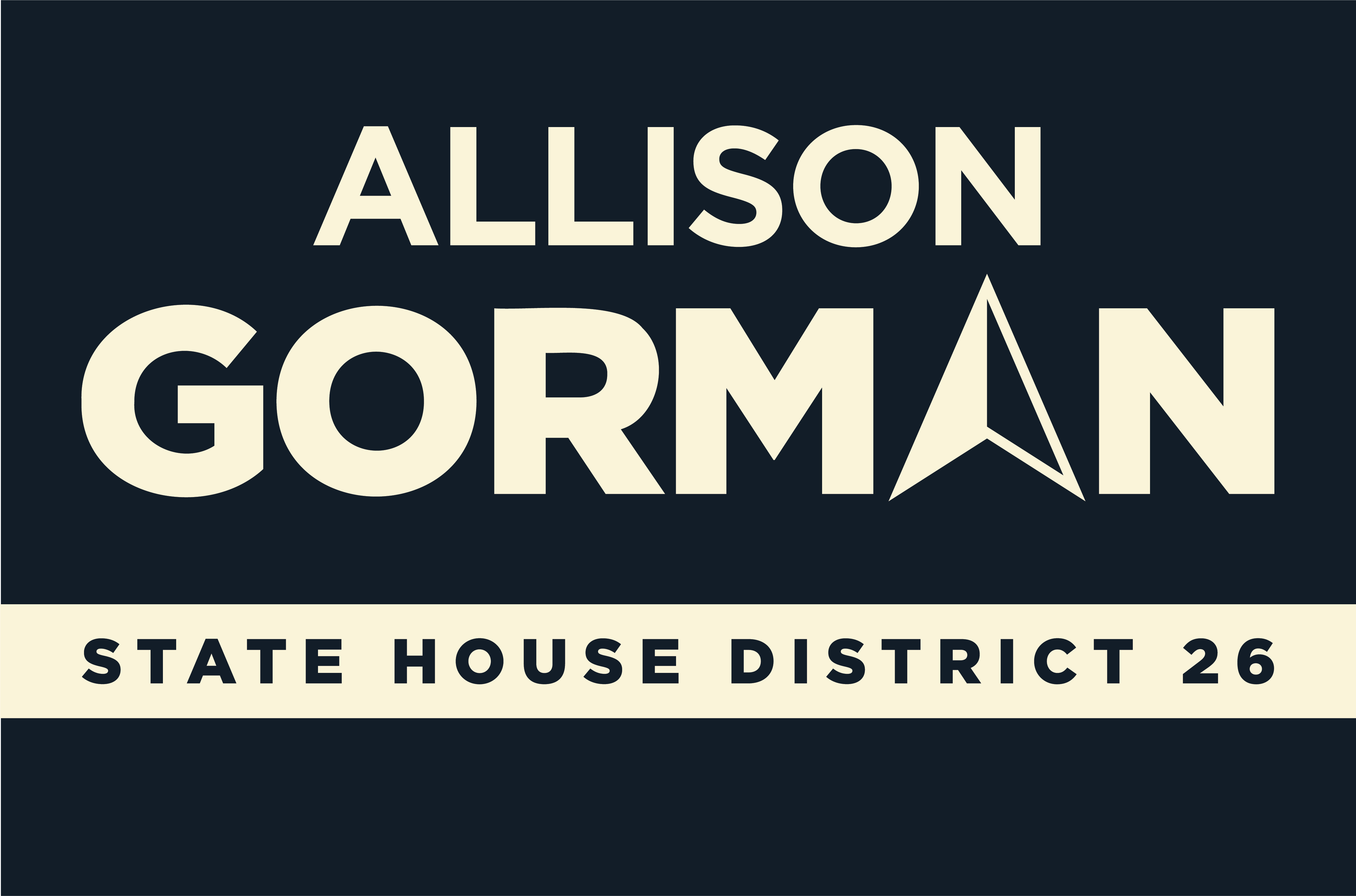In October 2020, as I was registering voters outdoors in Alton Park, I saw a man sitting in a lawn chair, watching pickup basketball. I waved, and we exchanged greetings from a distance. He looked old and tired. But when I asked him if he’d like to register to vote, he jumped right up out of his chair.
Yes, he said. He’d never voted and he wanted to. I was surprised to see tears in his eyes.
I pulled out a registration form and we started going through the questions: name, address, social security number, phone number, birthday. He was actually a few months younger than me.
Then we got to the last question. Did he have any felony convictions? I watched his face and cursed inside my head. I’d seen that expression—that mixture of resignation and embarrassment—many times. In this case, though, he wasn’t 100 percent sure he had a felony on his record. I told him that if he trusted me, I’d find out.
A couple of weeks later, I drove to the courthouse and requested his criminal record. I received multiple pages of what happens when your neighborhood is heavily, I would say aggressively, policed: taillight out, improperly secured car seat, that sort of thing. All misdemeanors, plus a couple of dismissed nonviolent felony charges. This man could have been voting his entire adult life.
I tried to call and tell him he was eligible to vote, but his phone had been disconnected. Eventually I tracked him down and got him registered. But it was a leap of faith for him—faith that I knew what I was doing and was steering him right.
If he’d tried to register and was ineligible, even if it was an honest mistake, he could have ended up with a felony conviction. It says so right on the registration form, in big red letters. We’ve seen that very thing happen recently in Tennessee, Florida, and other states that tie people’s voting rights to their criminal record. That’s called felon disenfranchisement. It’s a relic of Jim Crow.
A fascinating New York Times video shows citizens of other countries reacting to the American system of elections. “It’s like you want to stop people from voting,” one woman says.
Some people, yes.
Allison
allison@VoteGorman.com


0 Comments